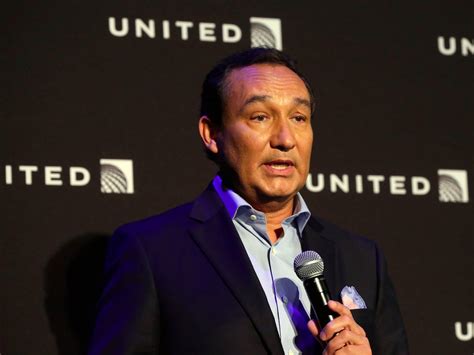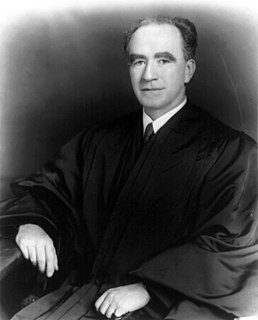A Quote by Kane
Employment is a contract between an employer and an employee. Thus, laws prohibiting discriminatory pay are an infringement on private contracts.
Related Quotes
The sense of loss of control over what happens to you at work (and thus in your life is vital). This further involves a sense of fairness as in, I did my part and look where it got me! "The deal," the contract between employee and employer has eroded and been replaced with unilateral power by the organization over the employee.
As with all catalysts, the manager's function is to speed up the reaction between two substances, thus creating the desired end product. Specifically, the manager creates performance in each employee by speeding up the reaction between the employee's talent and the company's goals, and between the employee's talent and the customer's needs.
An employer has no business with a man's personality. Employment is a specific contract calling for a specific performance... Any attempt to go beyond that is usurpation. It is immoral as well as an illegal intrusion of privacy. It is abuse of power. An employee owes no "loyalty," he owes no "love" and no "attitudes" - he owes performance and nothing else. .... The task is not to change personality, but to enable a person to achieve and to perform.
Minimum wage laws tragically generate unemployment, especially so among the poorest and least skilled or educated workers... Because a minimum wage, of course, does not guarantee any worker's employment; it only prohibits, by force of law, anyone from being hired at the wage which would pay his employer to hire him.
Some good employers provide people benefits. Many do not. The ones that do not tend to be the low end of the pay scale. This program will give those employers a way to support their employees. The employees will get this benefit, making it more likely that their employee will come back to them - that's a benefit for the employer over the long term and a benefit for the employee and all the while supporting families in their time of need.






































